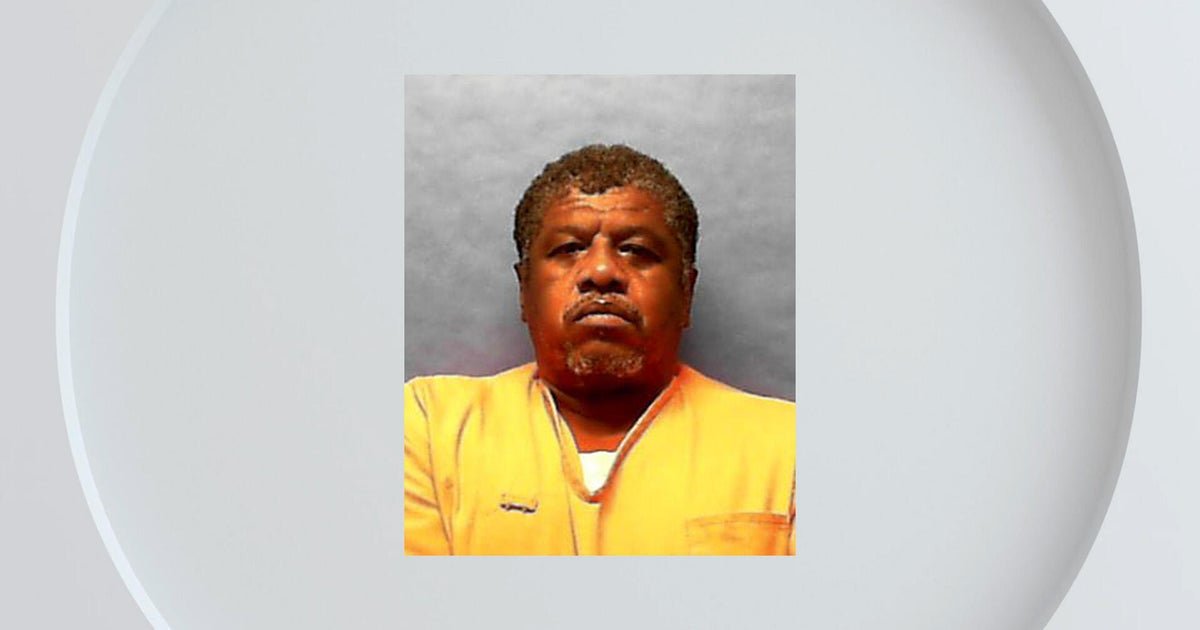Florida carried out its 11th execution of the year on Thursday — a record-setting number in the modern era — after the U.S. Supreme Court rejected a final appeal for a man convicted of three murders in 1992.
Curtis Windom, 59, was put to death by lethal injection at Florida State Prison after being convicted of killing his girlfriend, Valerie Davis; her mother, Mary Lubin, and Johnnie Lee, a man he claimed owed him money, on Feb. 7, 1992. The high court declined to hear his case on Wednesday, following a similar rejection by the Florida Supreme Court last week. Gov. Ron DeSantis on July 29 signed a death warrant for Windom.
Authorities said Windom was pronounced dead at 6:17 p.m. after receiving a three-drug injection. His final words were unintelligible, and he showed brief physical reactions before becoming still.
Windom went on a shooting spree
According to court documents, Windom claimed Lee owed him $2,000. After finding out that Lee had won $114 at a greyhound track, Windom bought a .38-caliber revolver and ammunition and shot Lee.
Windom then went to the apartment of Davis, his girlfriend, and fatally shot her, according to the court documents. Lubin, Davis’ mother, left work and drove down a street after finding out her daughter had been shot. Windom shot Lubin when she stopped at a stop sign.
Windom’s lawyers have filed numerous appeals
In trying to prevent the execution, Windom’s attorneys argued primarily that he received incompetent legal representation during his 1992 trial.
In documents filed at the U.S. Supreme Court, they wrote that Windom’s right to counsel under the U.S. Constitution’s Sixth Amendment was violated because his trial lawyer was not qualified, and that his convictions should be overturned.
“At the time that trial counsel represented Mr. Windom, there were no special qualifications imposed for capital attorneys,” a document filed Friday said. “The trial record indicates counsel was clearly not acting as the Sixth Amendment envisioned, especially in capital cases. Trial counsel lacked the basic understanding and knowledge of how to investigate complicated mental health investigations or how to present such defenses at a trial and penalty phase in a capital trial. Under the evolved standards today, the rules in place now would have prevented this injustice.”
But the state Attorney General’s Office urged the U.S. Supreme Court to deny the appeal and pointed to other courts, including the Florida Supreme Court, that rejected Windom’s arguments. The state said in one document that while Windom’s attorneys contended “his trial counsel was unqualified to handle a capital case, the fact is that his ineffective assistance claim was denied by both state courts and the federal district and appellate courts.”
Florida on track for record number of executions
DeSantis has signed a steady stream of death warrants this year, with a 12th execution scheduled for Sept. 17. That case involves David Pittman, 63, who was convicted of killing three members of his estranged wife’s family in 1990 in Polk County.
The previous record for executions in the modern era was eight in 1984 and 2014. The modern era represents the time since the death penalty was reinstated in 1976, after a 1972 U.S. Supreme Court ruling halted it.
Inmates who have been executed this year were Kayle Bates on Aug. 19, Edward Zakrzewski on July 31, Michael Bell on July 15, Thomas Gudinas on June 24, Anthony Wainwright on June 10, Glen Rogers on May 15, Jeffrey Hutchinson on May 1, Michael Tanzi on April 8, Edward James on March 20 and James Ford on Feb. 13.


Leave a Reply